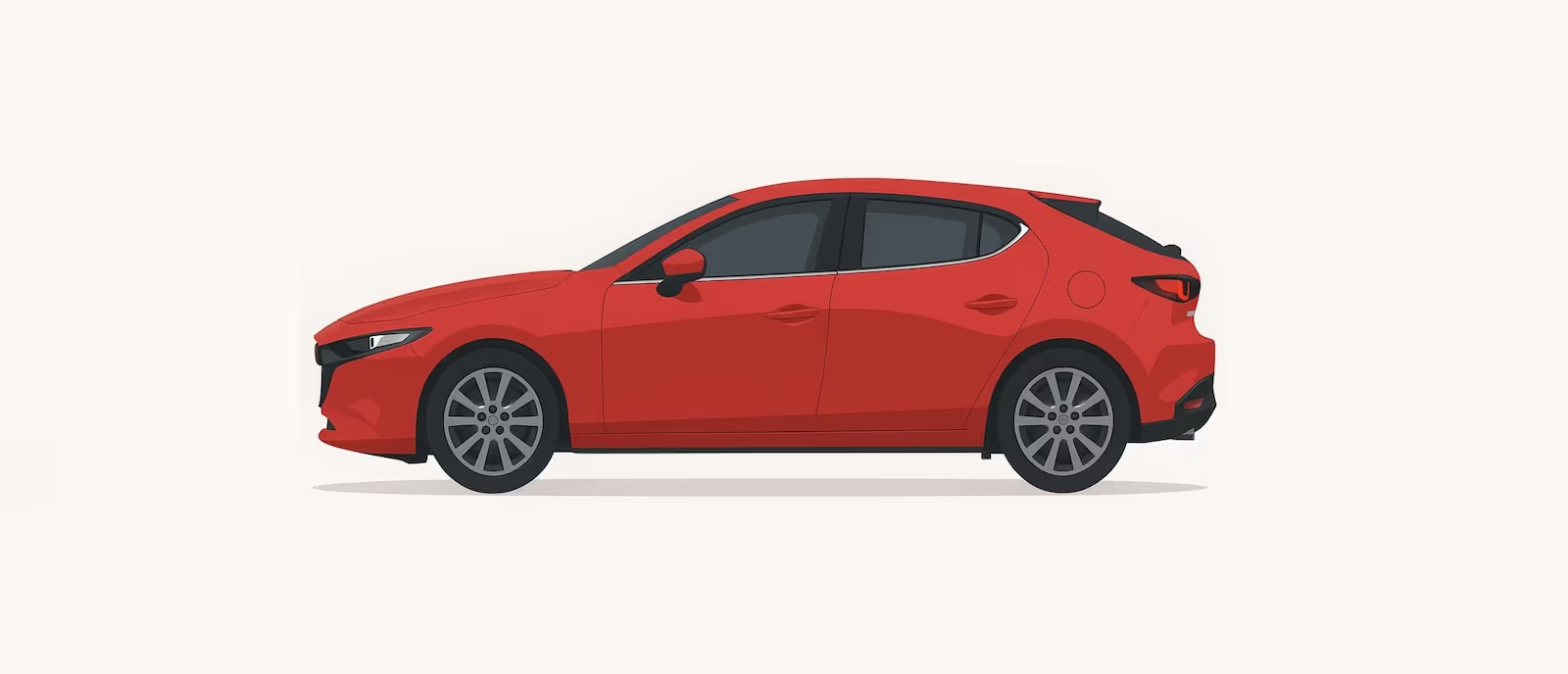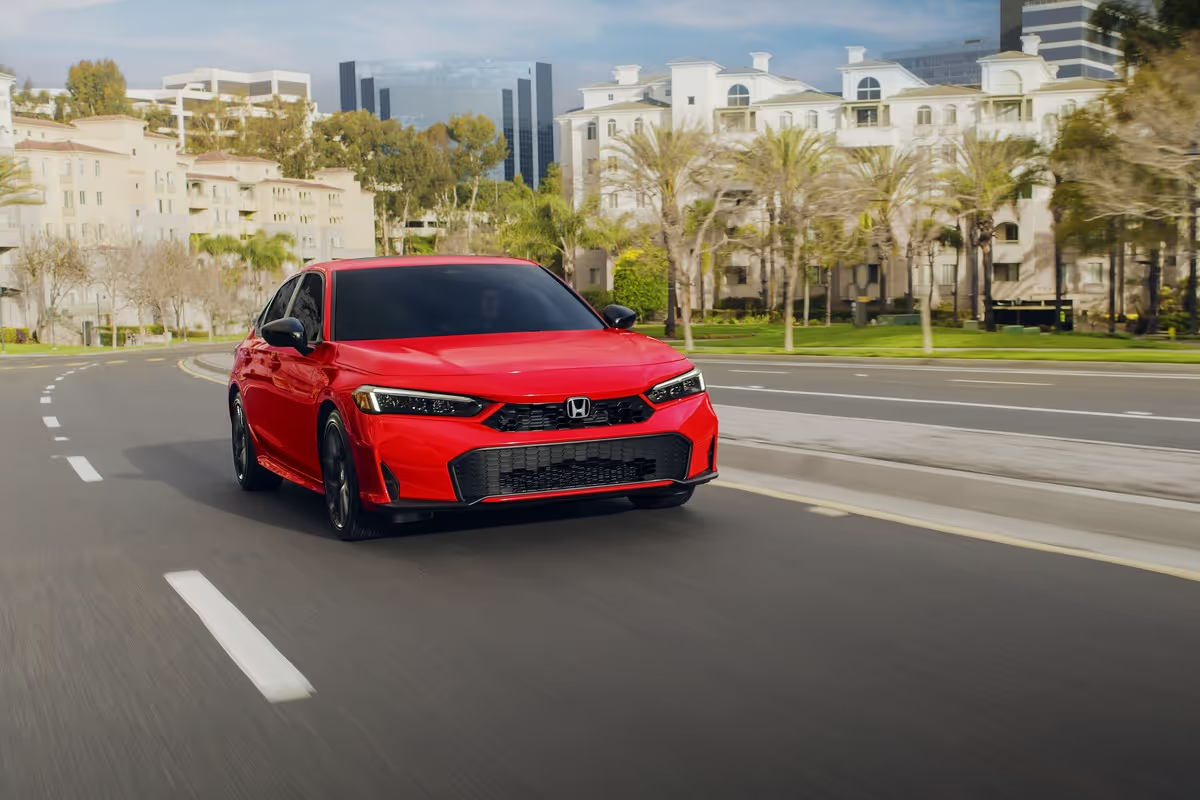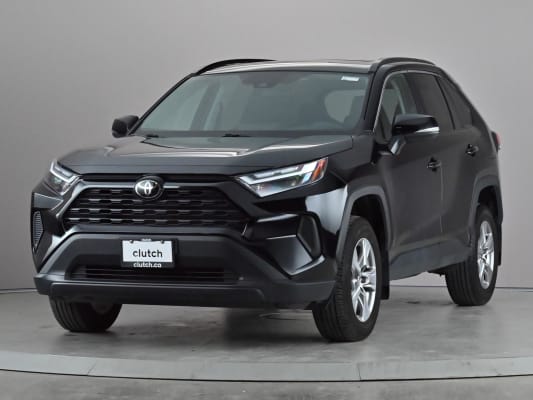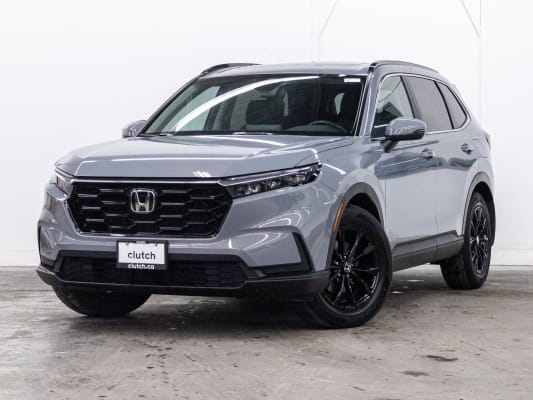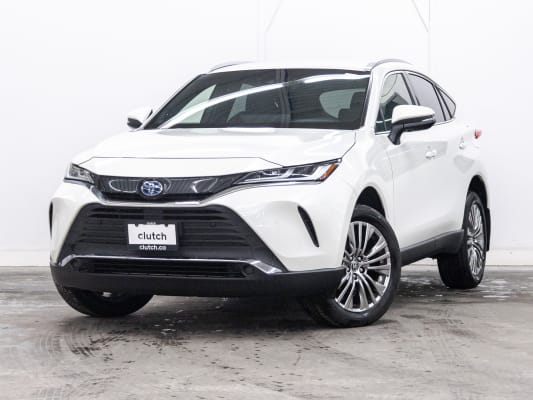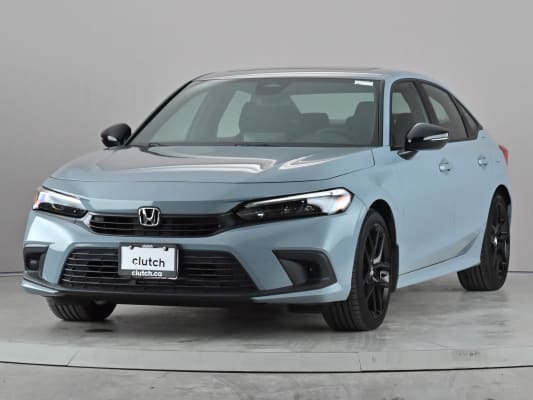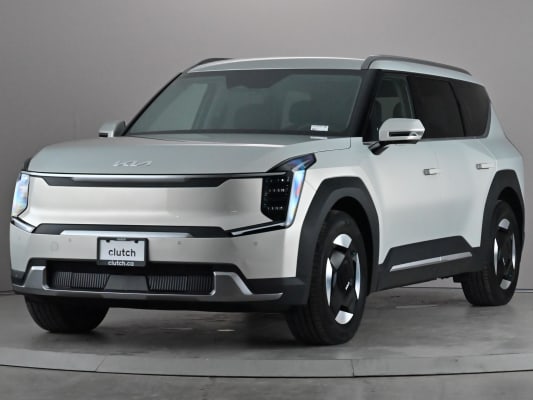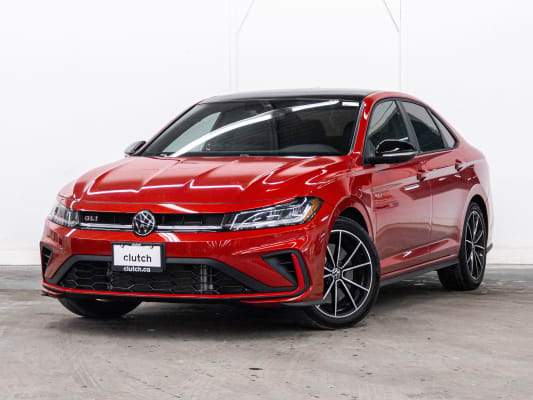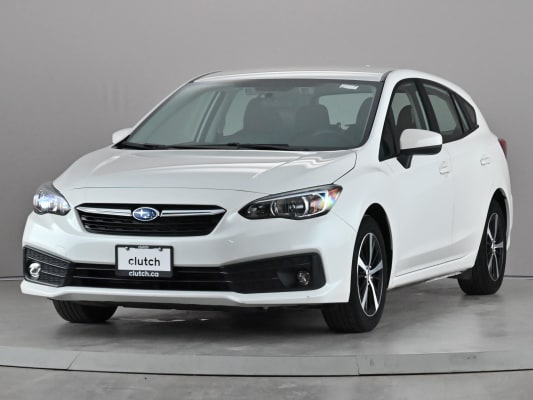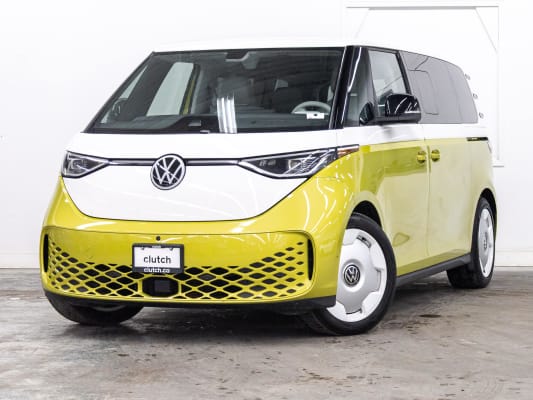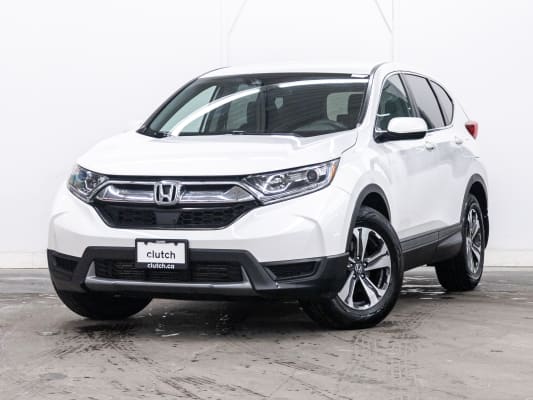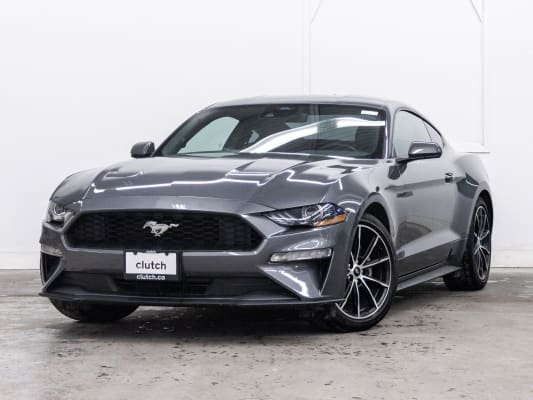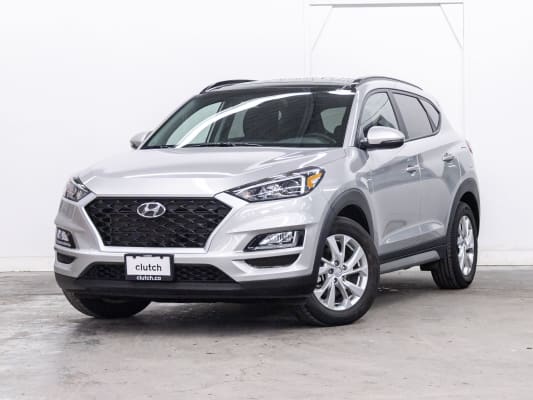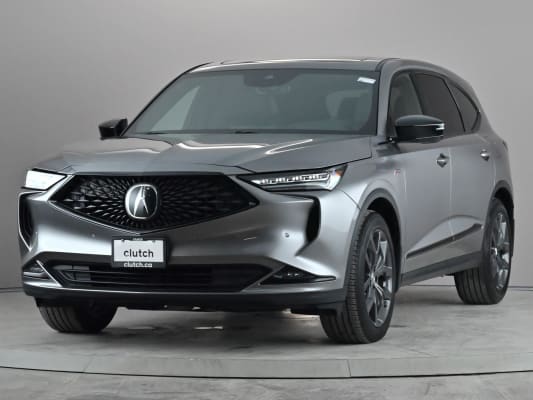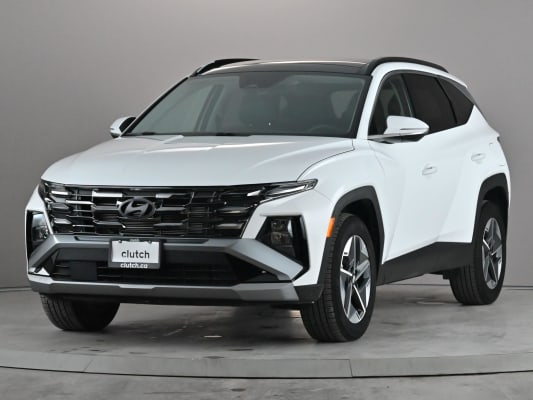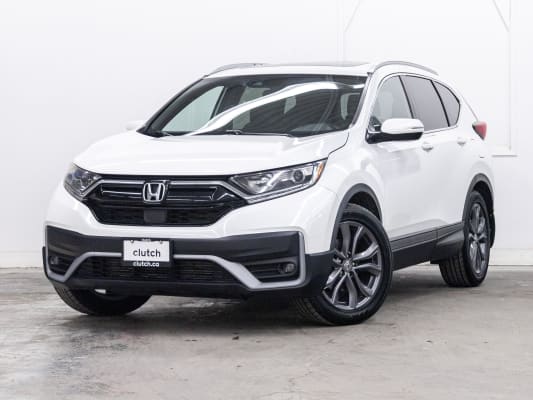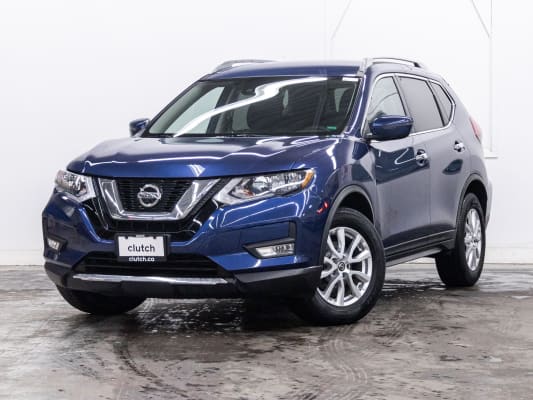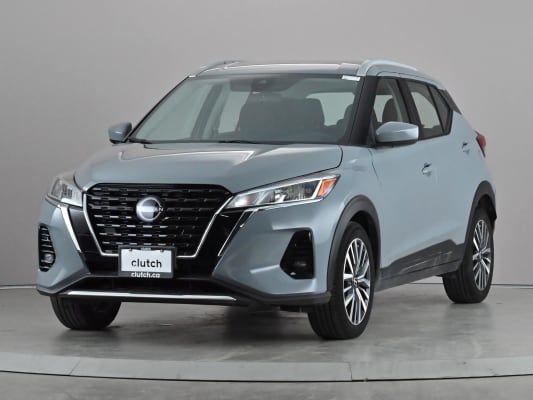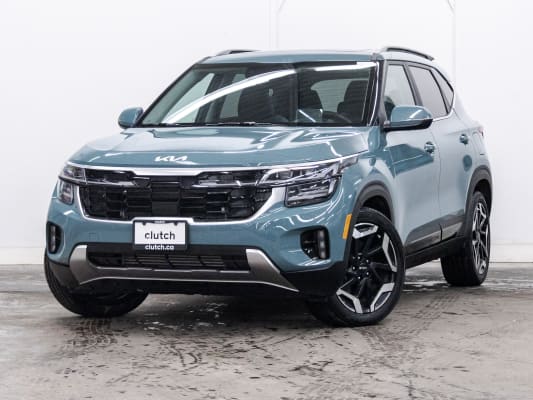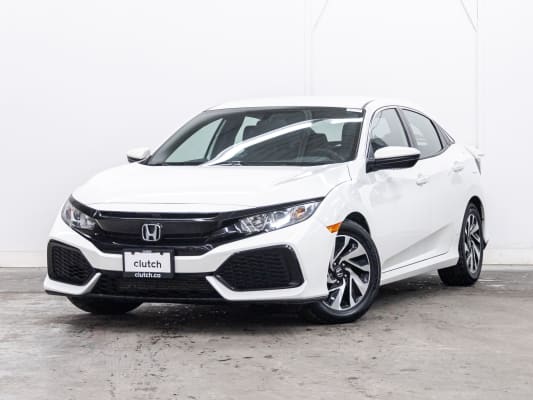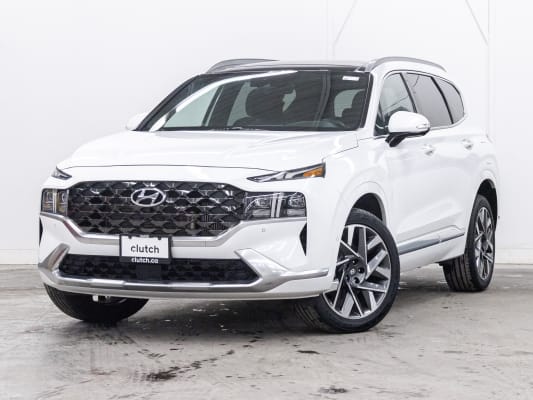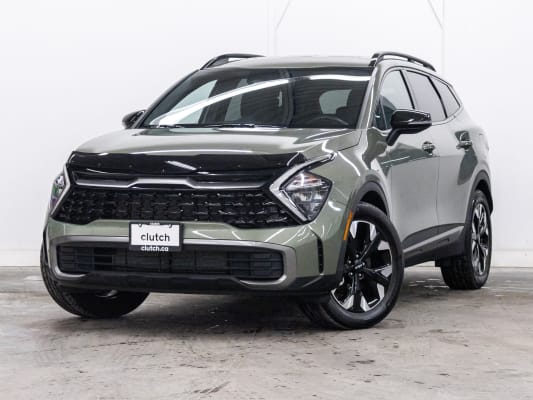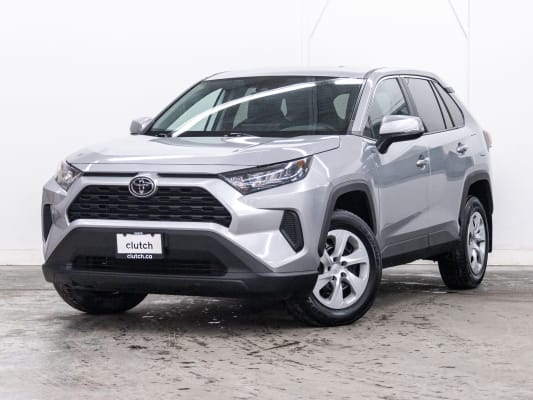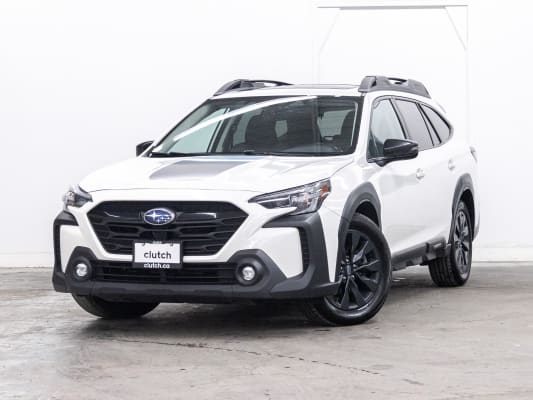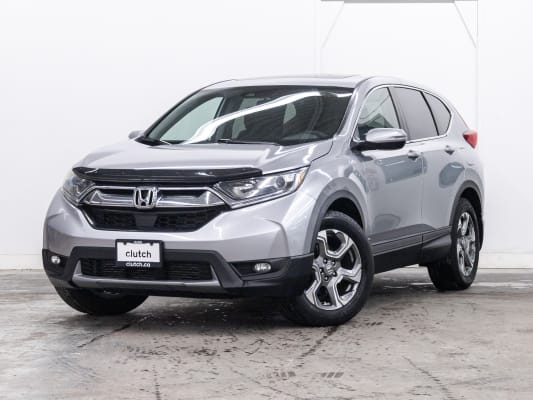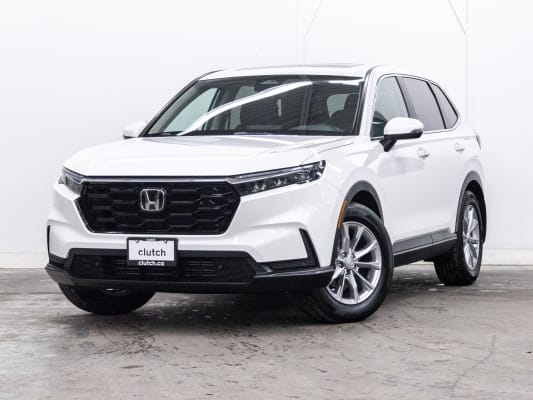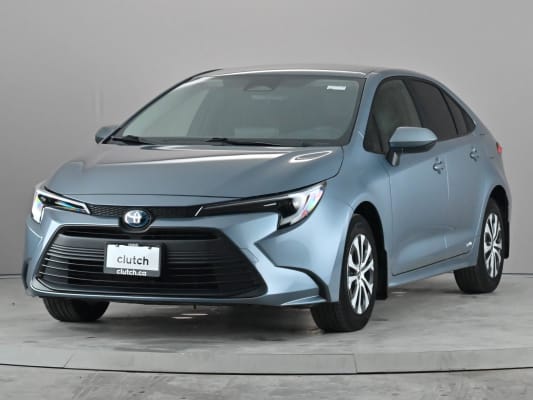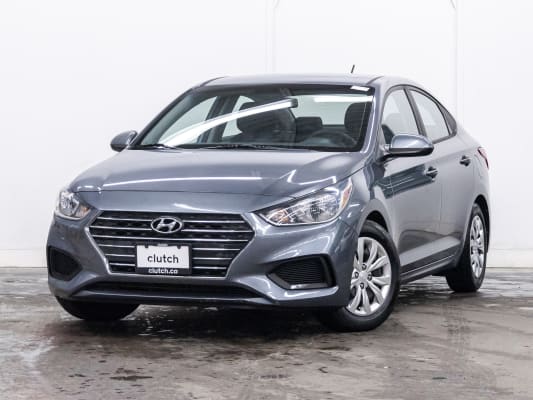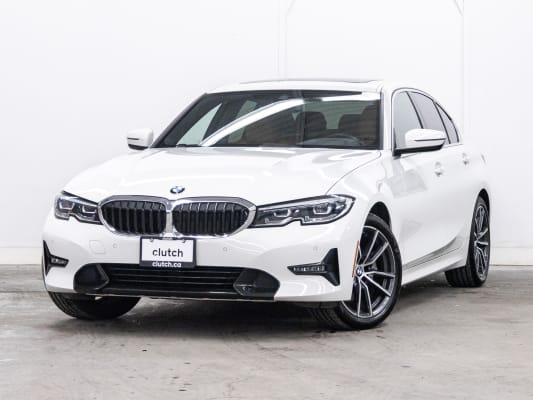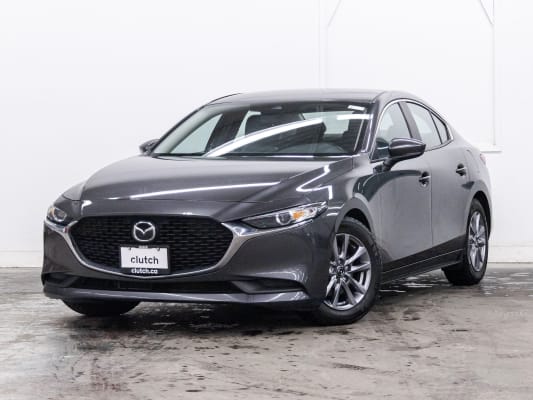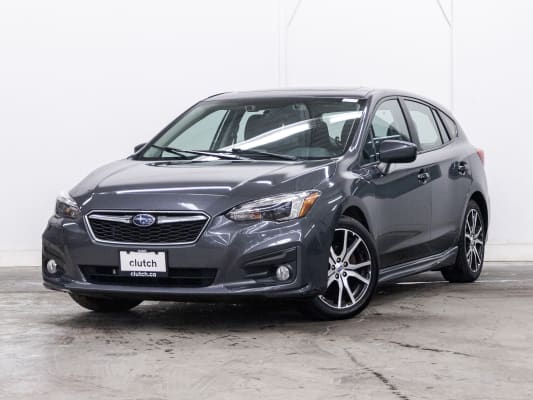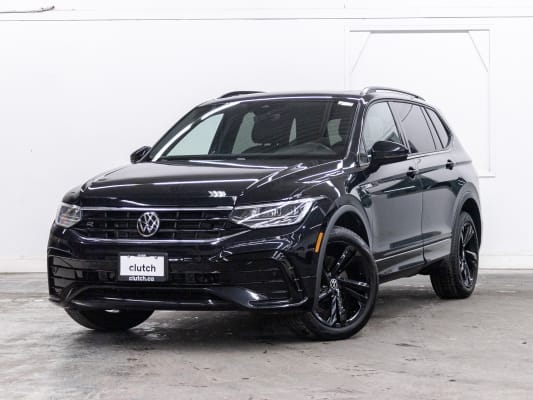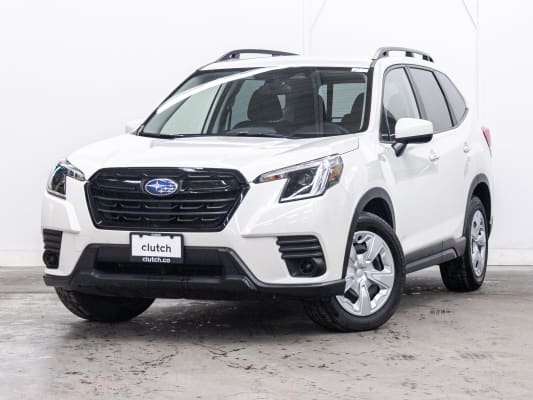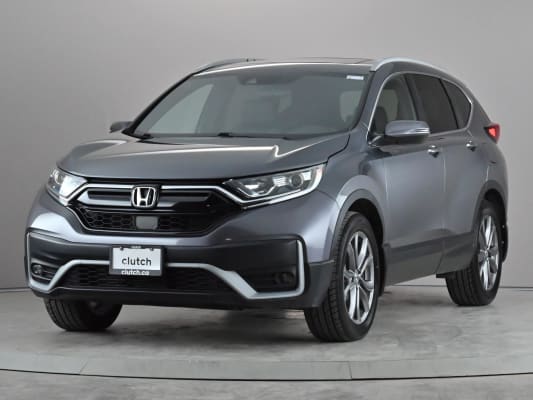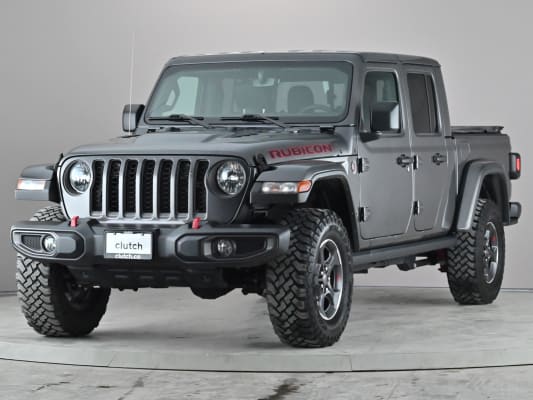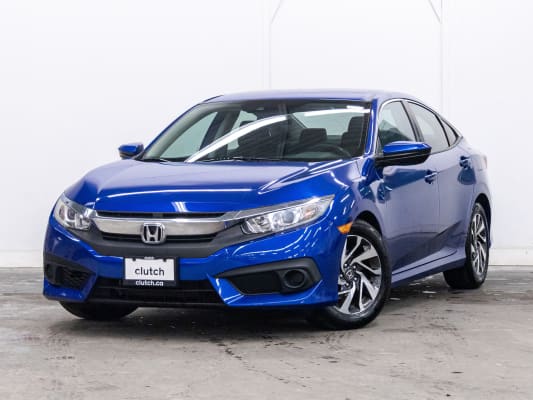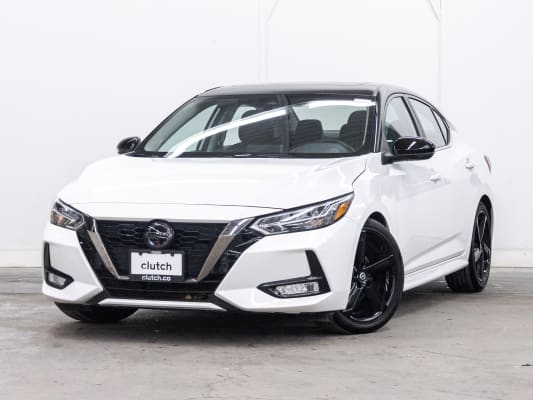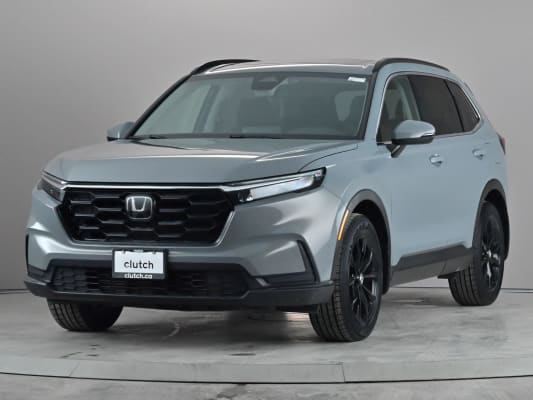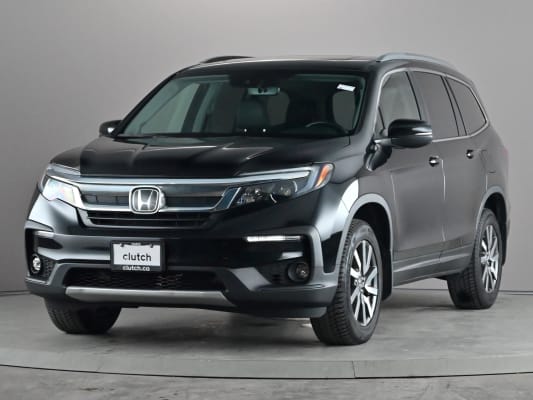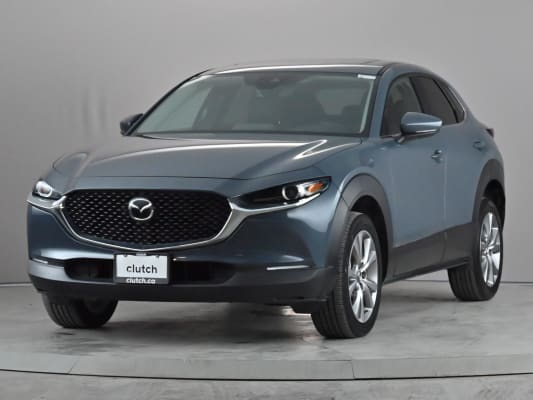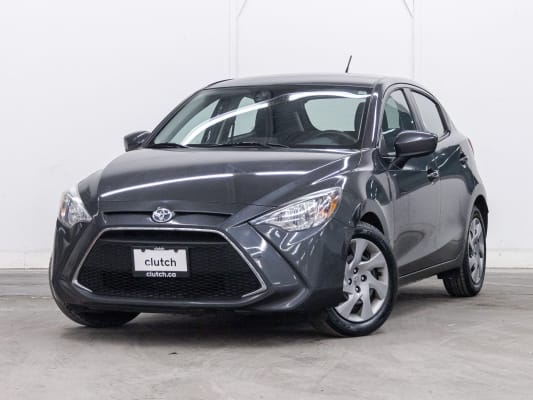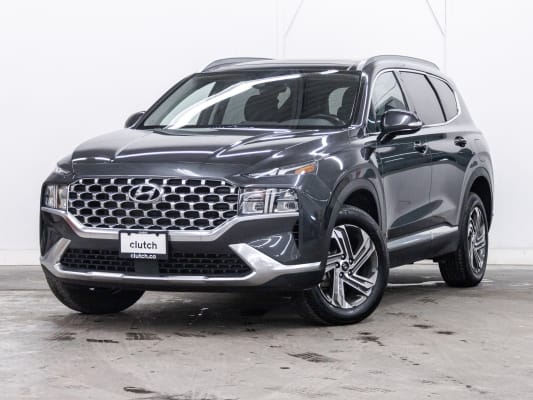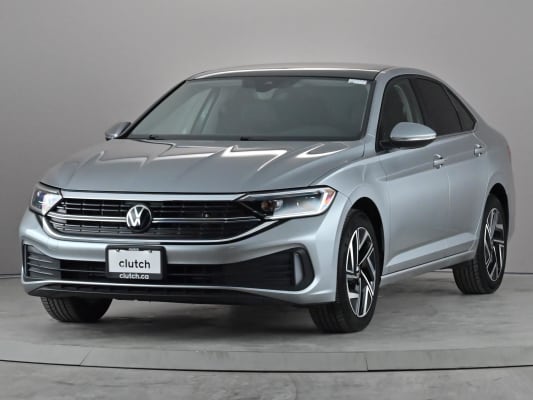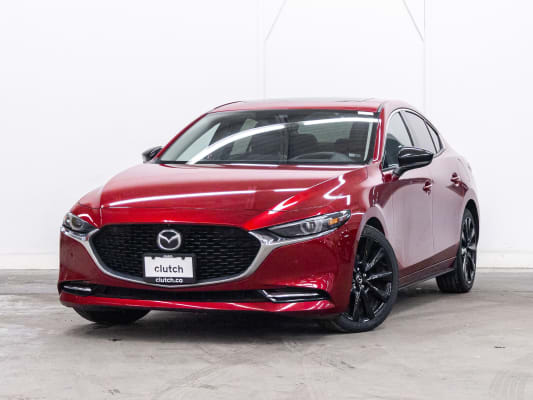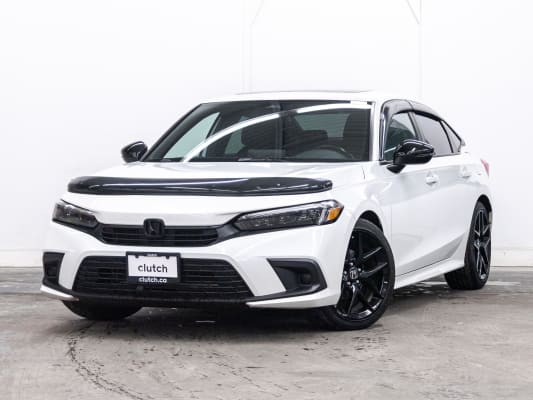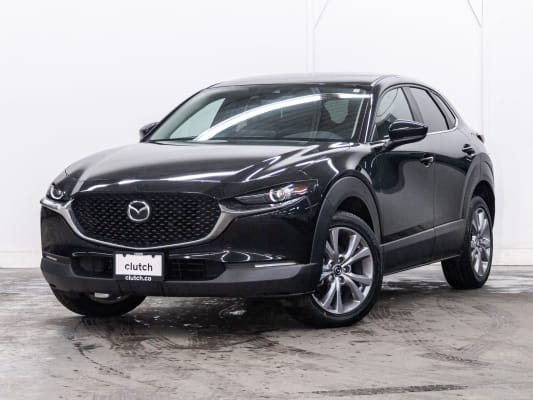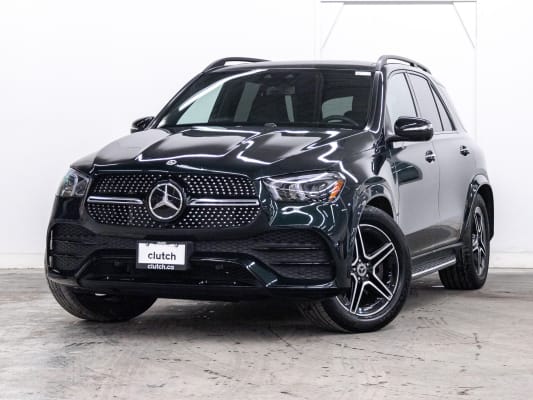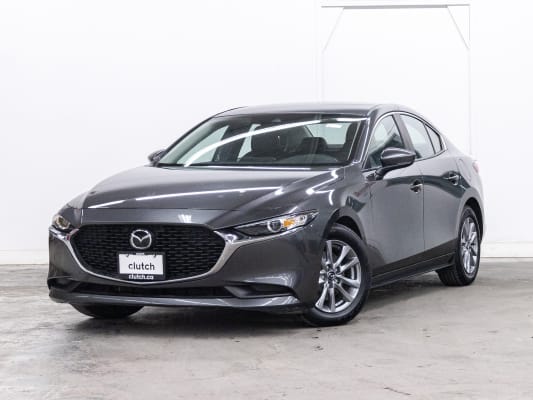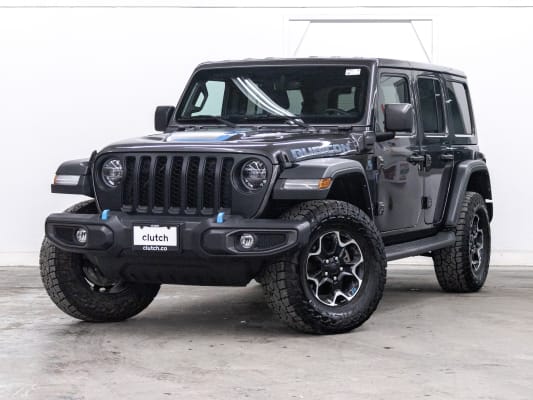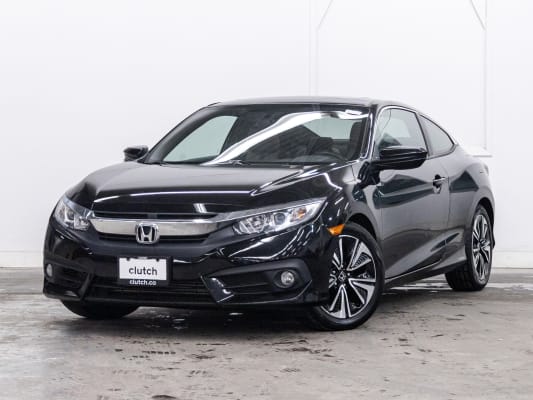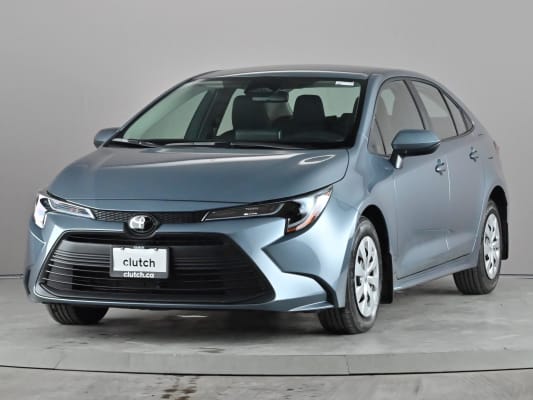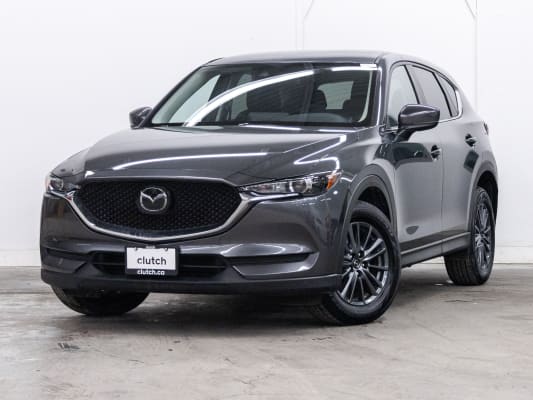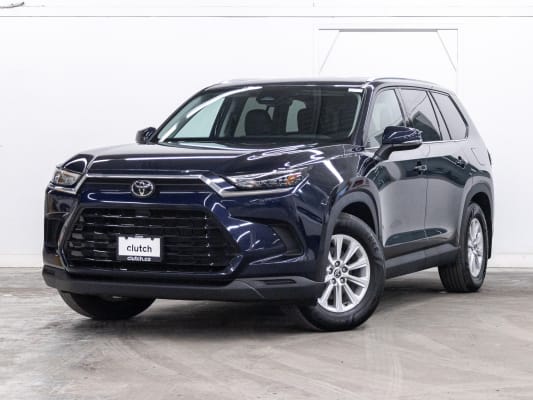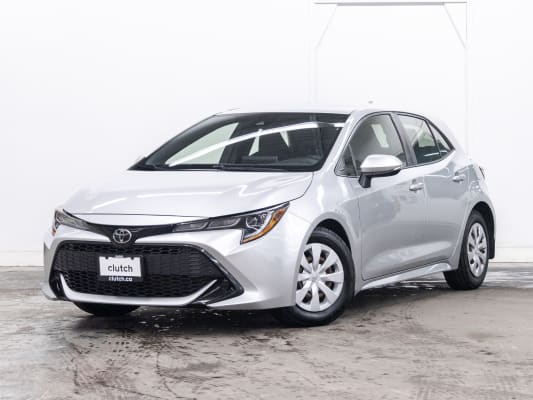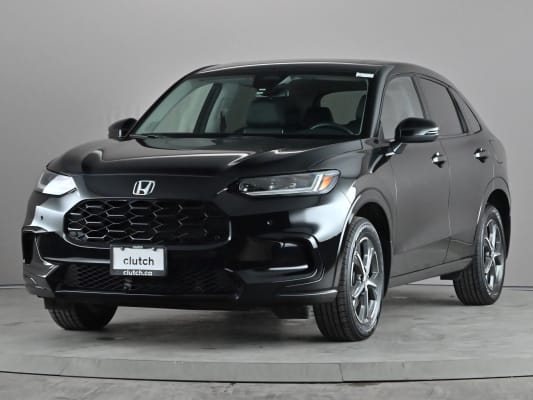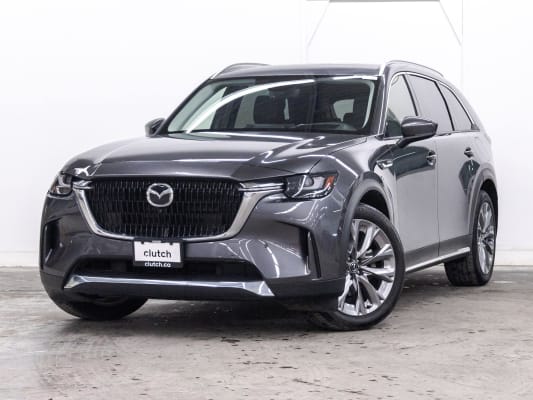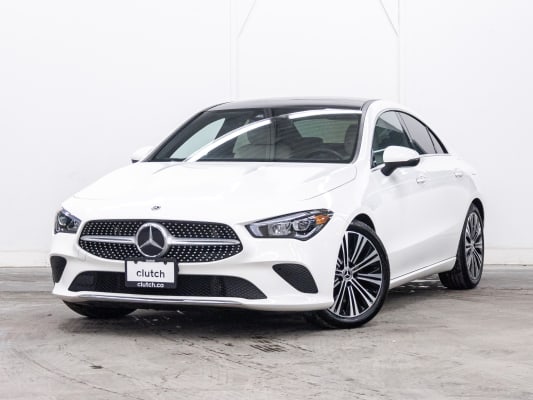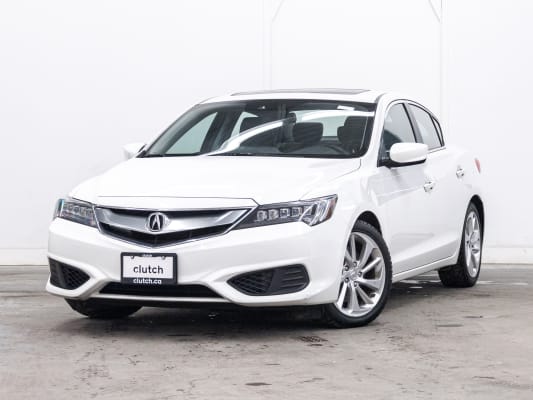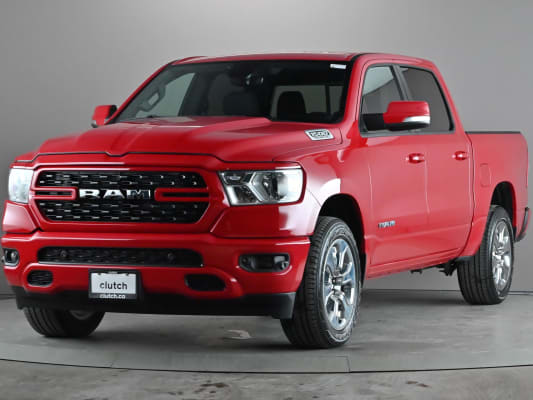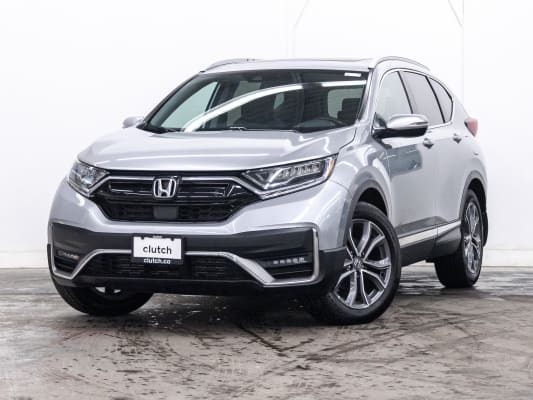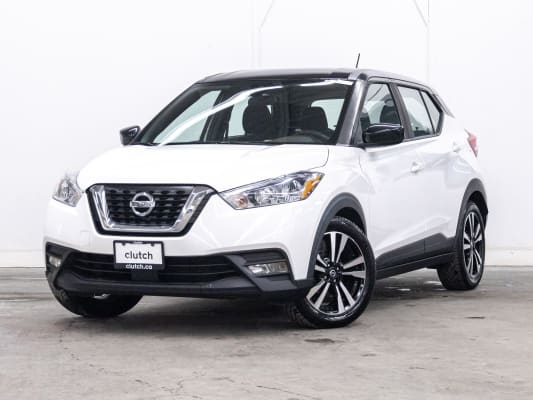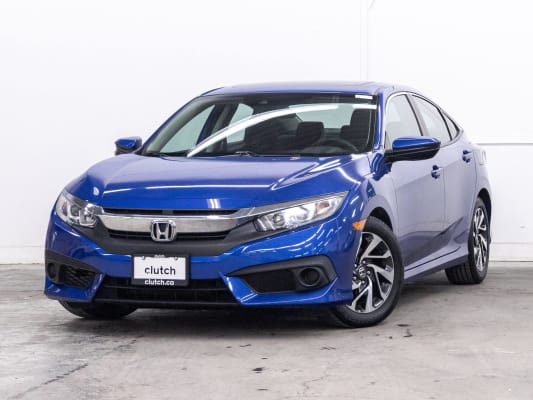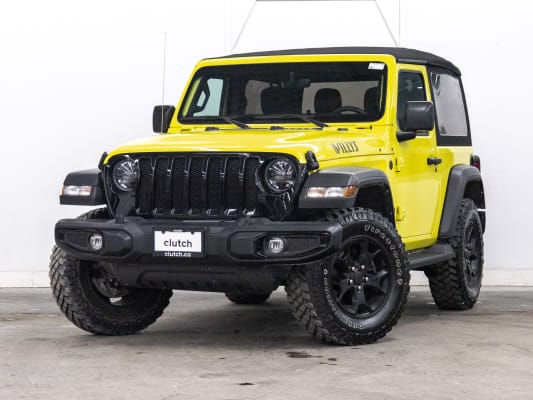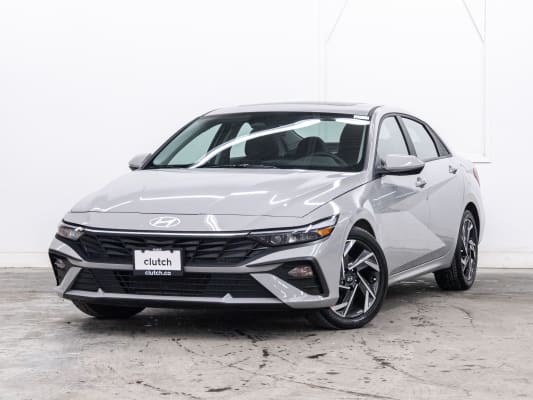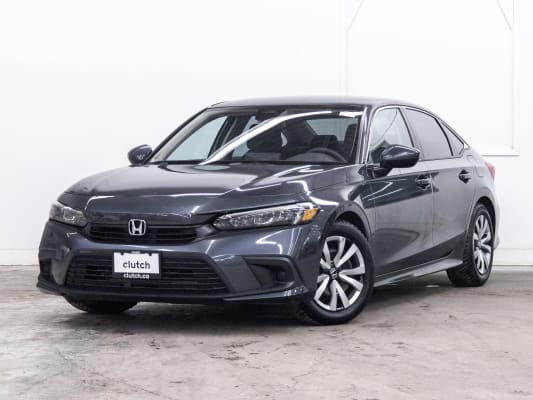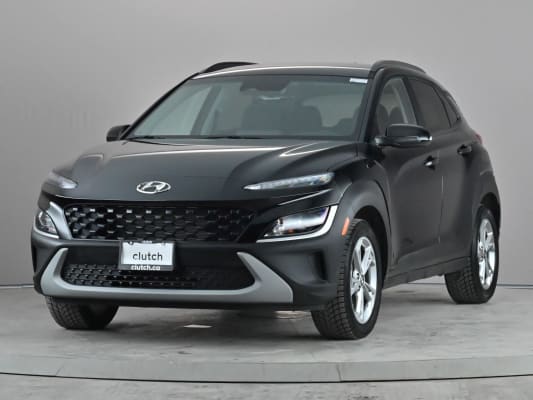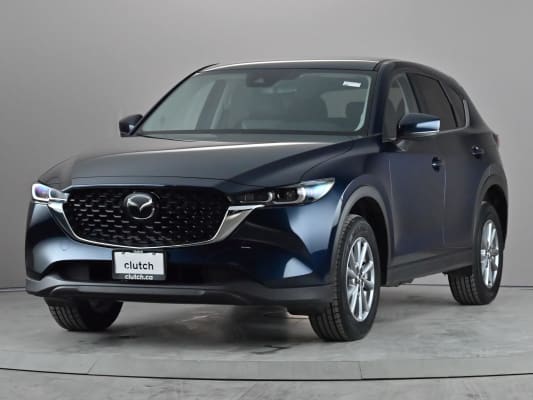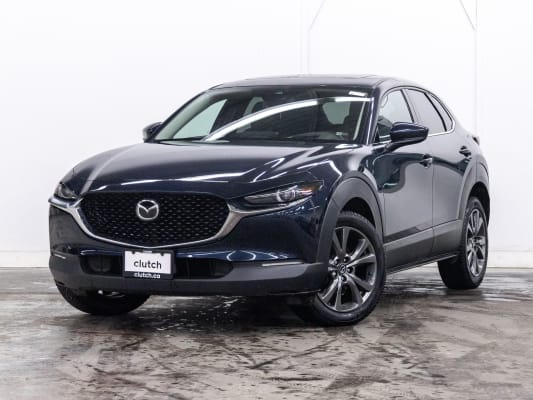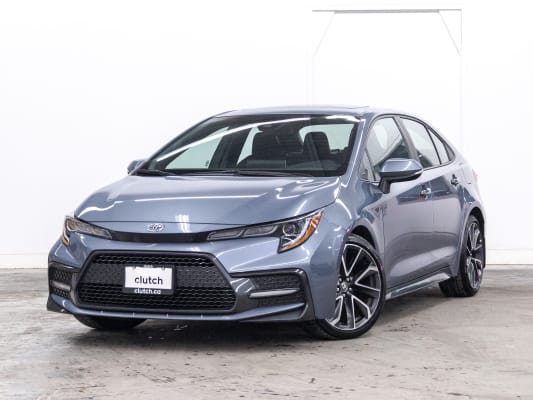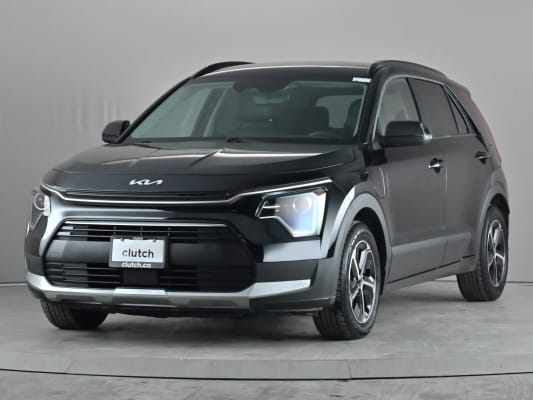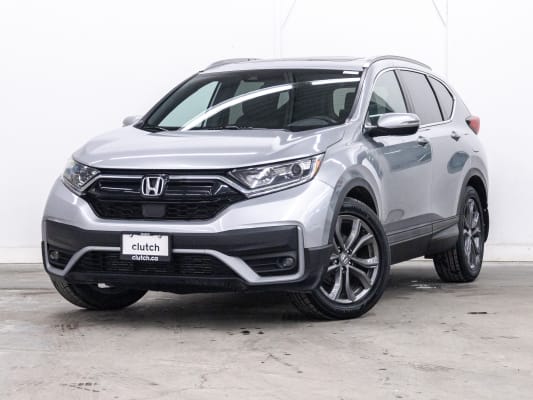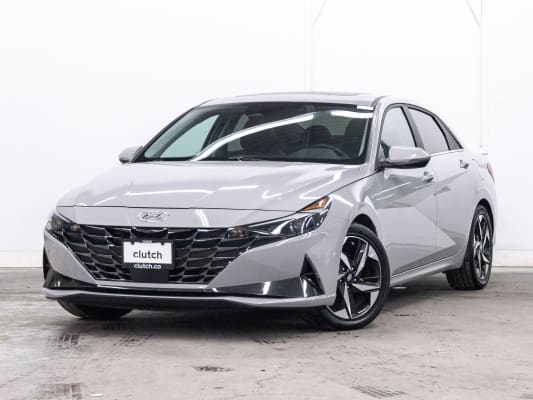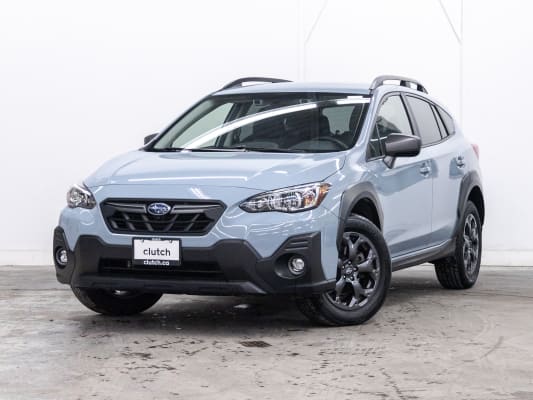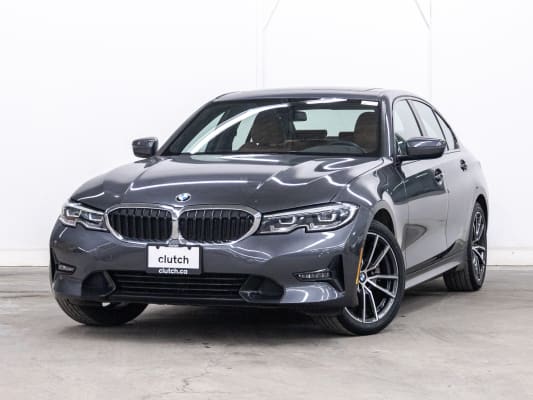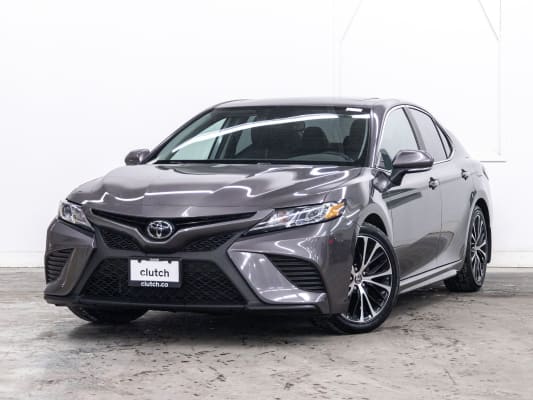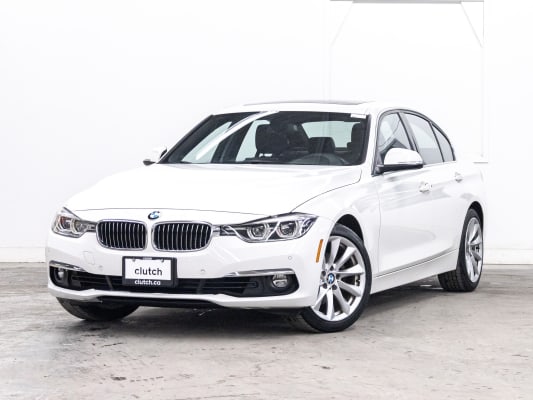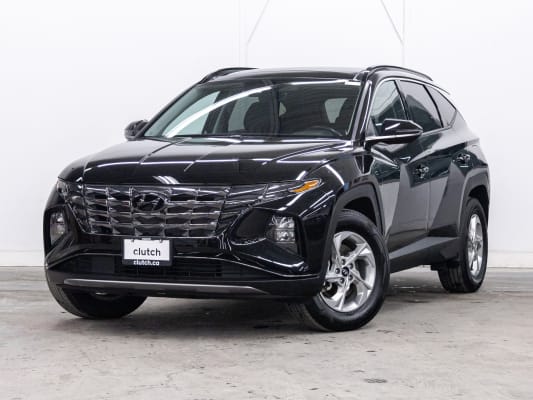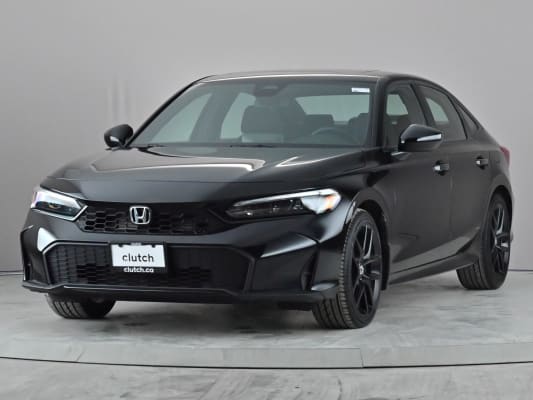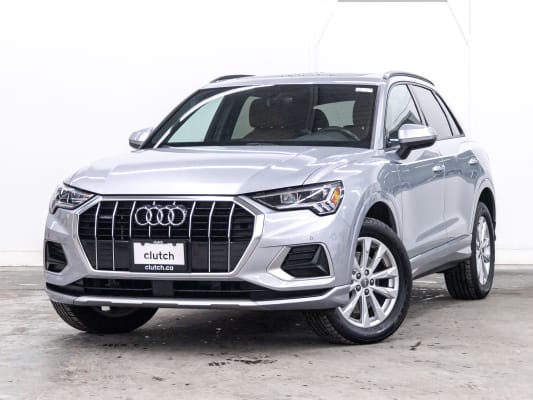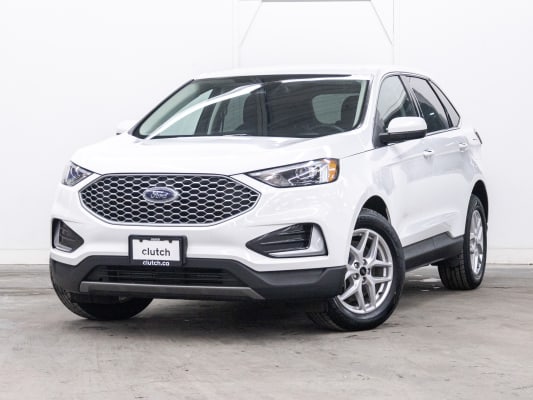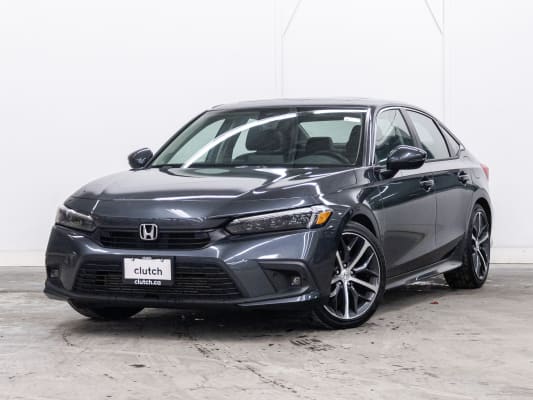Best Honda Civic Years to Buy Used in Canada
The Honda Civic has long been a favourite among Canadian drivers, known for its sharp handling, fuel efficiency, and dependable build quality. Whether you’re a student, daily commuter, or just looking for a practical used car that won’t break the bank, the Civic continues to stand out as a top pick in the compact segment.
But as with any long-running model, not all years are created equal.
While Civics are generally reliable, some model years offer better value, fewer issues, and improved features, while others are better left on the lot due to known mechanical problems or lacklustre reliability. In this guide, we’ll highlight the best used Honda Civic years to buy in Canada, which ones to avoid, and common problems to look out for.
If you’re thinking about buying a used Civic, this guide will help you make an informed decision and find a model that’s built to last.
Best Honda Civic Years to Buy Used
The Honda Civic has evolved significantly over its many generations, offering a mix of fuel efficiency, affordability, and engaging driving dynamics. While nearly every Civic generation has had strong points, certain model years stand out for their reliability, safety, and long-term value.
Below, we’ve broken down the best used Honda Civic years to buy in Canada, organized by generation, along with tips on which to prioritize and which to avoid.

7th Generation (2001-2005)
Recommended Years: 2004-2005
The 7th-gen Civic moved to a flat-floor interior layout, offering better interior space and comfort. While earlier years of this generation were known for automatic transmission issues, especially in 2001 and 2002, the 2004 and 2005 models are much more reliable, with fewer complaints and improved component durability.
Why It’s a Good Pick:
The 2004 and 2005 Civics are simple, efficient, and inexpensive to maintain. They offer a strong reputation for longevity when properly maintained, and the models from these years have fewer transmission-related issues compared to their earlier counterparts.
Common Features:
1.7L 4-cylinder engine, 5-speed manual or 4-speed automatic, optional ABS and side airbags in higher trims
Ideal For:
Students, first-time buyers, or anyone looking for a no-frills, dependable compact car on a budget
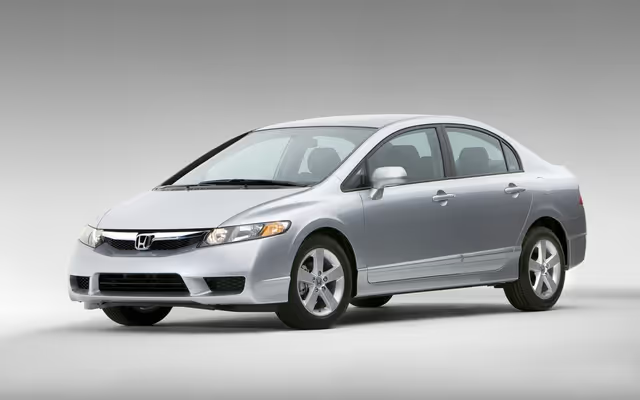
8th Generation (2006-2011)
Recommended Years: 2009-2011
This generation introduced a sleeker, more modern design and improved handling compared to earlier Civics. However, the early years, particularly 2006 to 2008, suffered from a widely reported issue involving cracked engine blocks, which could lead to coolant leaks and eventual engine failure. Honda did extend warranties for affected vehicles, but the risk still makes those years less desirable. By 2009, most of the issues were resolved, making the 2009-2011 models a much safer bet.
Why It’s a Good Pick:
Later 8th-gen models are among the most reliable used Civics available, with solid build quality and fewer major mechanical problems. The ride is more refined than earlier generations, and resale value remains strong.
Common Features:
1.8L i-VTEC engine, 5-speed automatic or manual, available navigation, improved crash test scores
Ideal For:
Commuters, daily drivers, and used car shoppers who want reliability and comfort without paying a premium
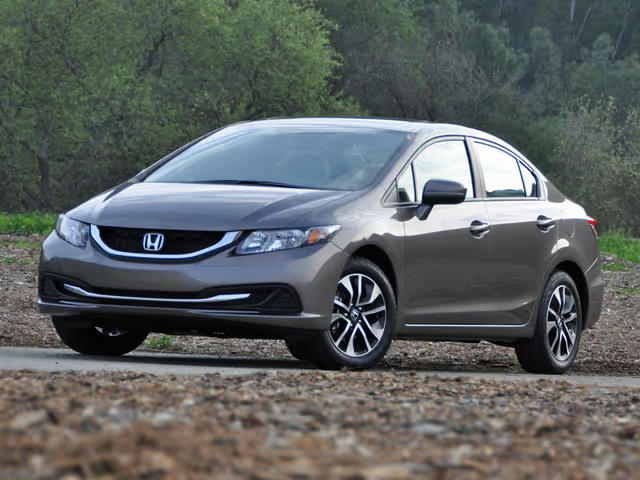
9th Generation (2012-2015)
Recommended Years: 2013-2015
The 9th-gen Civic had a rough start with the 2012 model, which was criticized for its cheap interior materials, bland styling, and lack of refinement. Honda responded quickly with a substantial refresh in 2013, improving the interior, ride quality, and feature set. The 2013-2015 models are far more polished and rank among the most reliable used Civics available today.
Why It’s a Good Pick:
With improved suspension, better cabin materials, and consistently strong reliability ratings, the post-refresh 9th-gen Civics deliver great value. They also offer better standard features and stronger crash test results than many rivals from the same era.
Common Features:
1.8L i-VTEC engine, Bluetooth, rearview camera (standard from 2013), improved NVH (noise, vibration, harshness)
Ideal For:
Drivers who want a modern, affordable, and fuel-efficient compact with excellent resale value and minimal headaches
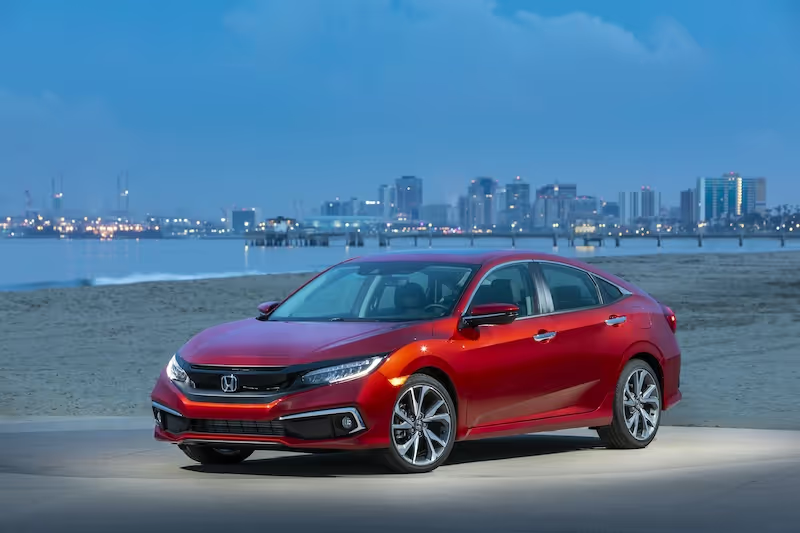
10th Generation (2016-2021)
Recommended Years: 2017-2020
The 10th-gen Civic marked a major shift in styling, performance, and technology. It introduced a more aggressive design, improved ride comfort, and the availability of a turbocharged engine for better fuel economy and power. The 2016 model had some teething issues, including reports of electronic glitches and oil dilution in turbo models. By 2017, most of these problems had been addressed, making 2017-2020 a great sweet spot for used buyers.
Why It’s a Good Pick:
These Civics feel much more upscale than earlier generations, with a quiet cabin, strong safety ratings, and modern tech features. The turbocharged 1.5L engine is surprisingly efficient and fun to drive, though the base 2.0L naturally aspirated engine is also a solid choice.
Common Features:
Honda Sensing (lane keep assist, adaptive cruise control), Apple CarPlay/Android Auto, digital instrument cluster, available turbocharged 1.5L engine
Ideal For:
Drivers looking for a tech-forward, stylish Civic that balances sporty performance with excellent fuel economy
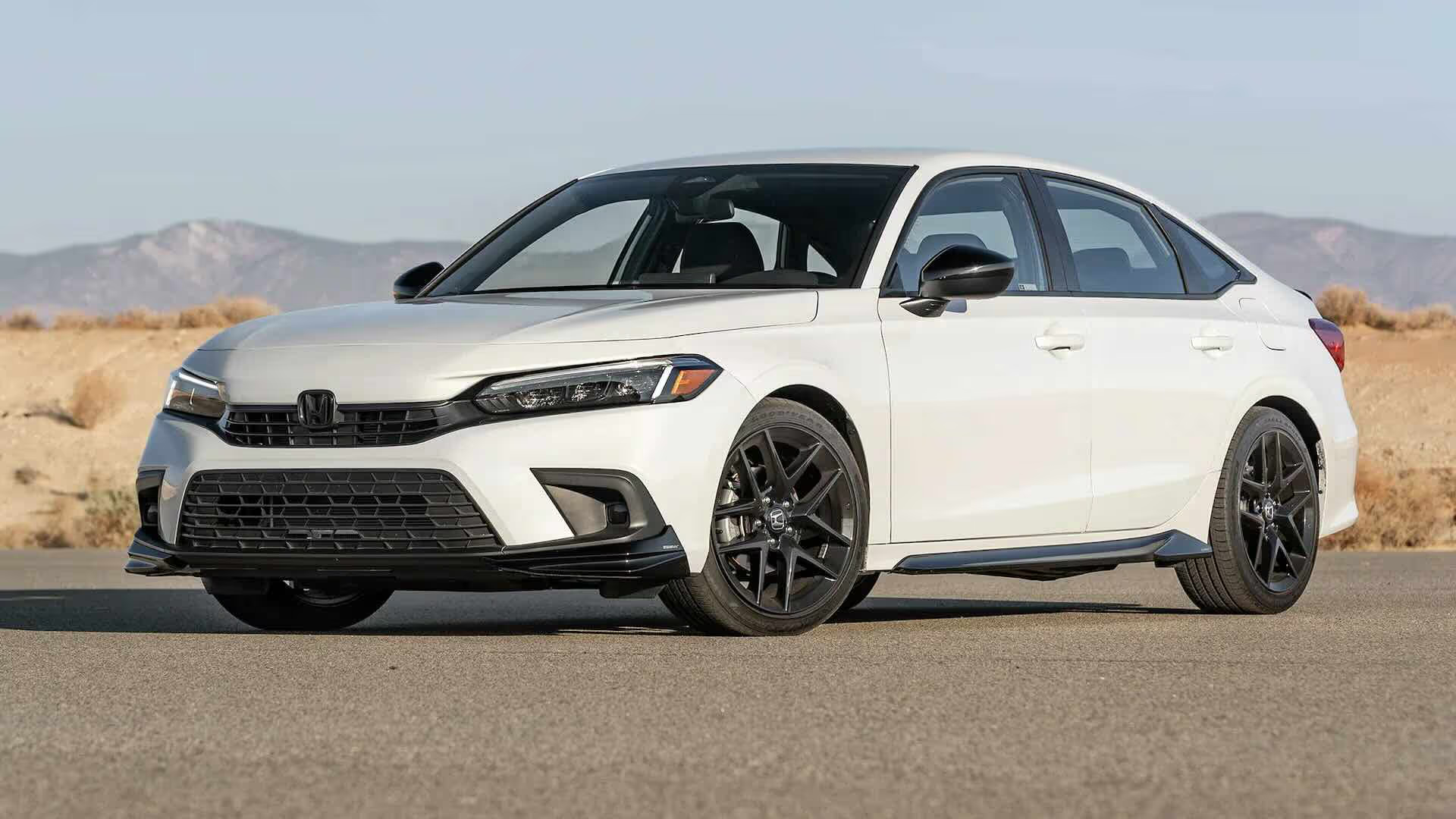
11th Generation (2022–Present)
Recommended Years: 2022-2023
The latest generation of the Honda Civic takes a more refined and mature approach to design, with a clean, minimalist interior and improved ride quality. While still relatively new, the 2022 and 2023 models have shown strong early reliability and safety ratings. They retain the same efficient engines from the previous generation but pair them with a more intuitive layout and updated tech.
Why It’s a Good Pick:
These Civics offer a near-premium experience in a compact package. They come with advanced safety features standard and have received praise for their quiet cabin, smooth driving dynamics, and high-quality finishes. With minimal reported issues so far, they’re a safe bet for buyers looking for like-new condition at a lower price.
Common Features:
Standard Honda Sensing, 2.0L or 1.5L turbo engine, larger touchscreen, improved infotainment, wireless smartphone integration in higher trims
Ideal For:
Urban professionals, tech-focused drivers, or anyone who wants a modern Civic with warranty coverage and next-to-new reliability

Common Honda Civic Problems to Watch For
Even with its reputation for long-term reliability, the Honda Civic isn’t entirely problem-free. Certain model years and components have seen more issues than others. Here are some of the most common problems reported across various generations:
Cracked Engine Blocks (2006-2009)
One of the most serious issues, particularly in the 2006-2008 models. Many Civics from these years developed cracks in the engine block, causing coolant leaks and potential engine failure. Honda issued extended warranties, but it’s still a costly repair if it hasn’t been addressed.
Oil Dilution in Turbo Models (2016-2018)
Some 1.5L turbocharged Civics experienced fuel mixing with engine oil, leading to diluted oil and potential engine wear. Honda released updates and service bulletins, but it’s worth checking if a fix has been applied.
Infotainment and Electrical Glitches (2016-2017)
Early 10th-gen models occasionally suffer from freezing or unresponsive touchscreens, Bluetooth connection issues, and backup camera malfunctions. Most of these are minor but can be frustrating.
Airbag Recalls (Early 2000s - Mid-2010s)
Like many vehicles of the era, certain Civic models were affected by the widespread Takata airbag recall. Be sure to verify recall completion for any used Civic in this range.
Suspension Noises and Premature Wear (2001-2005)
Some 7th-gen Civics had issues with worn-out suspension bushings and noisy front ends, particularly in high-mileage or poorly maintained vehicles.
What to Look for in a Used Honda Civic
When shopping for a used Civic, the model year is important, but so is the specific condition of the vehicle you’re considering. Here are the key things to evaluate before making a purchase:
Maintenance History
Ask for detailed service records, especially for oil changes, brake service, and transmission fluid replacements. Civics that have been regularly maintained can last well over 300,000 km.
Accident and Recall Reports
Request a full vehicle history report (like CARFAX) to check for past collisions or open recalls. Pay special attention to airbag recalls and major accident damage that could affect the frame or safety systems.
Mileage and Usage
Civics are known for longevity, but usage patterns matter. A 5-year-old Civic with 150,000 km of highway driving may be in better shape than a 100,000 km model with mostly city use. Look for even wear on tires and brakes, and avoid unusually high or low mileage unless it’s well documented.
Interior and Exterior Condition
Inspect the seats, dashboard, and door panels for signs of excessive wear or water damage. Check for rust in the wheel wells, undercarriage, and trunk area—especially in regions with heavy winter road salt.
Test Drive Behaviour
On your test drive, listen for unusual noises from the suspension or brakes, test the steering responsiveness, and verify that all electronics work as expected. Acceleration should be smooth, and the transmission should shift without hesitation.
Trim Level and Features
Honda Civics come in a range of trims—LX, EX, EX-T, Touring, and Sport—each with its own features. Higher trims may include extras like heated seats, sunroof, advanced safety tech, and alloy wheels. Determine which features matter most for your lifestyle before narrowing your search.
{inlinecta2}}
Choosing the Best Used Honda Civic
The Honda Civic has earned its reputation as one of the most reliable, affordable, and well-rounded compact cars in Canada. Whether you’re looking for a fuel-efficient daily driver, a budget-friendly first car, or a newer model packed with modern tech, there’s a Civic generation that fits your needs.
If you’re shopping for long-term value and durability, stick to proven years like 2004-2005, 2010-2011, and 2017-2020. These models balance reliability with lower ownership costs and minimal issues. Avoid problematic years like 2001-2002, 2006-2008, and 2012 unless they come with full service documentation and a clean inspection report.
No matter the model year, condition is key. Prioritize maintenance records, check for accident history, and inspect the car thoroughly. A well-cared-for Civic can easily last hundreds of thousands of kilometres and serve you reliably for years.
Ready to find your next Civic? Clutch makes it easy with a wide range of used Honda Civics that are reconditioned, inspected, and backed by a 10-day money-back guarantee—so you can shop with confidence from the comfort of home.
{widget-1}}
FAQs About the Best Honda Civic Years
What is the most reliable year for the Honda Civic?
The 2017–2020 Honda Civics are widely regarded as some of the most reliable used models. They offer modern features, excellent fuel efficiency, and very few known mechanical issues.
How many kilometres is too much for a used Civic?
A well-maintained Civic can last over 300,000 km. While lower mileage is generally better, service history matters more. A Civic with 200,000 km and full maintenance records may be a better buy than a neglected one with 120,000 km.
Are Honda Civics good in winter driving conditions?
Yes, especially when equipped with proper winter tires. While not AWD, Civics handle Canadian winters well thanks to their balanced front-wheel-drive setup and solid stability control systems in newer models.
Should I buy a used Civic with a turbo engine?
Turbocharged Civics (mainly 2016+) offer great performance and fuel efficiency but had early issues with oil dilution. If you’re buying one, make sure any factory updates were completed and oil changes were done on schedule.







